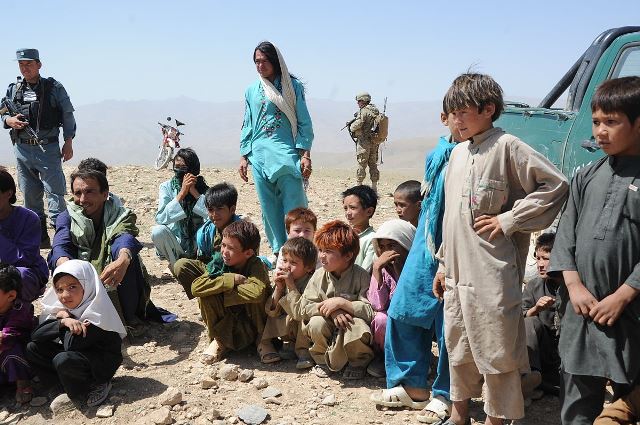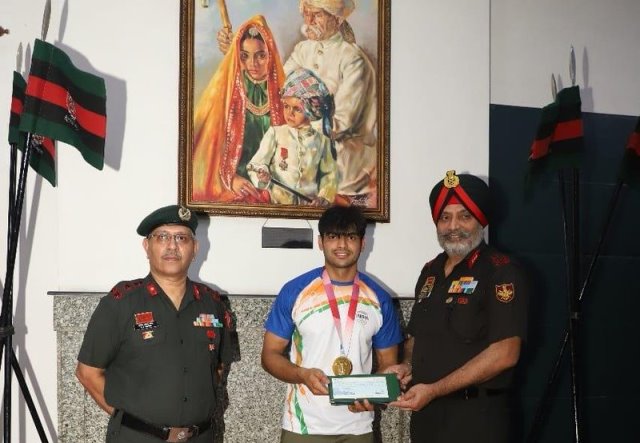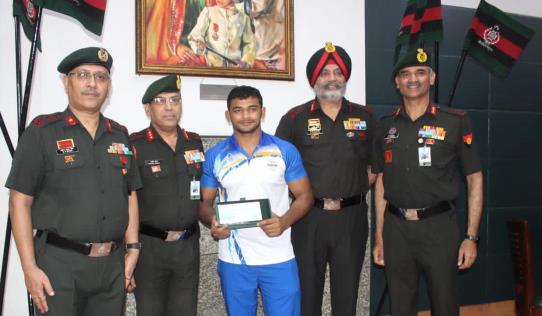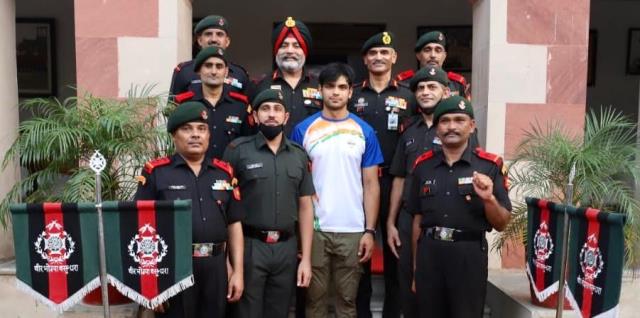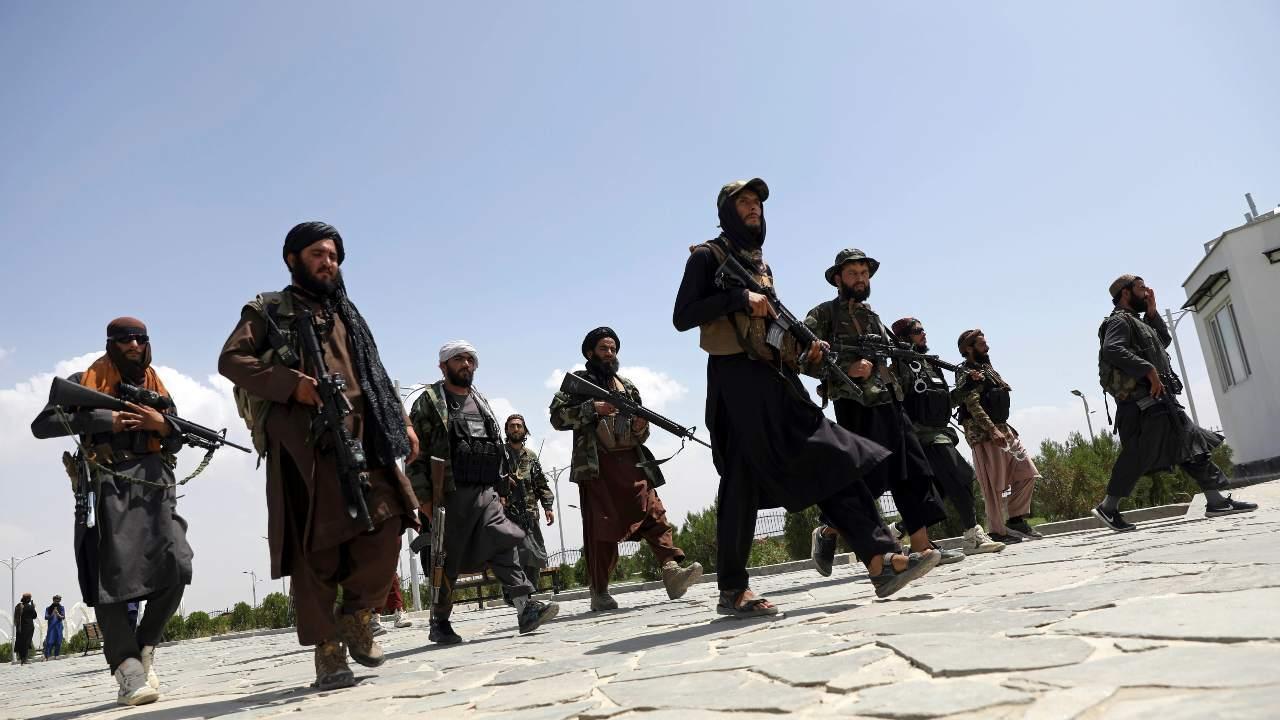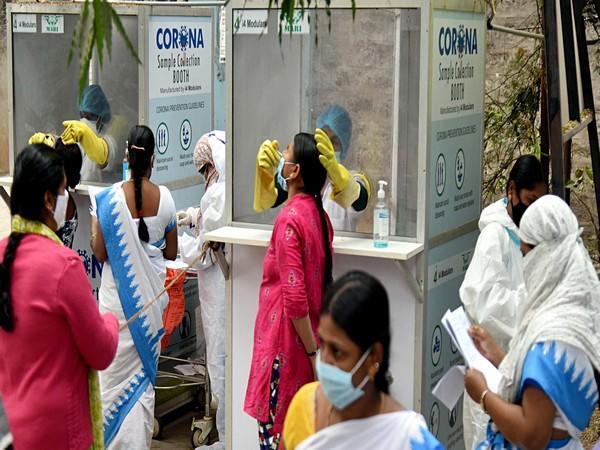Tuesday the 24th of August saw the beginning of the Tokyo 2020 Paralympic Games where it will feature around 4,400 athletes who will compete in 539 medal events. Let’s find out a little more about the Paralympic Games…
A little bit about the Tokyo 2020 Paralympics
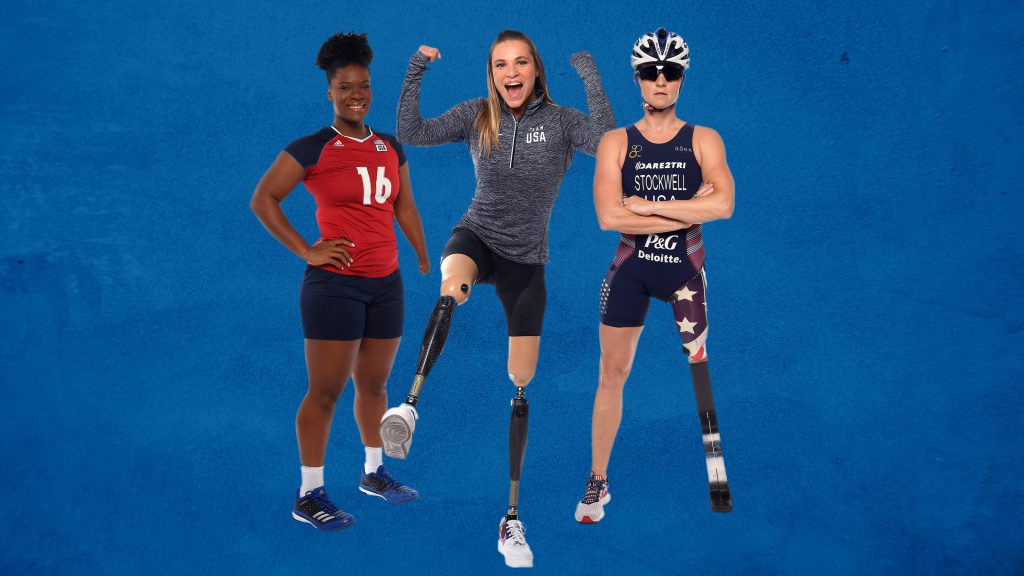
On 7 September 2013, Tokyo was elected as the host city of the 2020 Olympic and Paralympic Games at the 125th Session of the International Olympic Committee held in the Argentine capital Buenos Aires. The decision to award the 2020 Games to Tokyo was greeted with an outpouring of euphoria throughout Japan, and the emotion that stirred the nation at the Tokyo 1964 Games will be prevalent again some 56 years later.
The Tokyo Paralympic Games will be held from 24 August – 5 September 2021.
A total of 22 sports are scheduled for inclusion in the Tokyo 2020 Paralympic Games. Badminton and Taekwondo will be making their debut at the 2020 Paralympic Games.
Tokyo’s vision for the Games
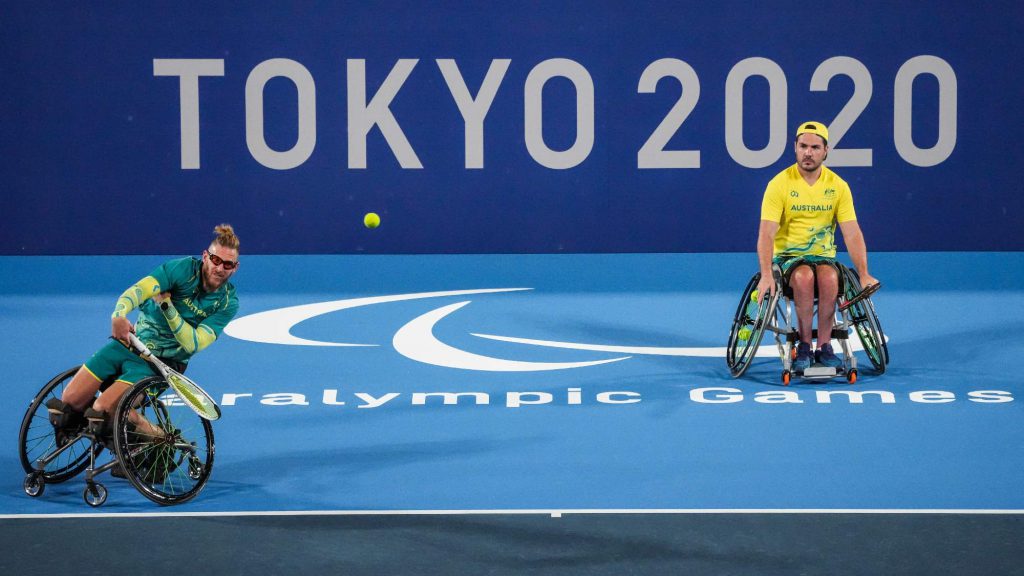
Achieving Personal Best
Through flawless preparation and execution, the Tokyo 2020 Games aim to deliver an event where every athlete can realise their best performance and achieve their personal best.
The world’s best technologies will be adopted in developing competition venues and in operating the Games.
All Japanese citizens, including Olympic and Paralympic volunteers, will employ their utmost resourcefulness as hosts to welcome visitors from around the world with the best Japanese omotenashi, or hospitality.
Unity in Diversity
Accepting and respecting differences in race, colour, gender, sexual orientation, language, religion, political or other opinions, national or social origin, property, birth, level of ability, or other status allows peace to be maintained and society to continue to develop and flourish.
The Tokyo 2020 Games will foster a welcoming environment and raise awareness of unity in diversity among citizens of the world.
Connecting to Tomorrow
The Tokyo 1964 Games completely transformed Japan, enhanced Japanese people’s awareness of the outside world, and helped bring about the rapid growth of Japan’s economy.
The 2020 Games will enable Japan, now a mature economy, to promote future changes throughout the world, and leave a positive legacy for future generations.
Just some of the incredible Athletes…
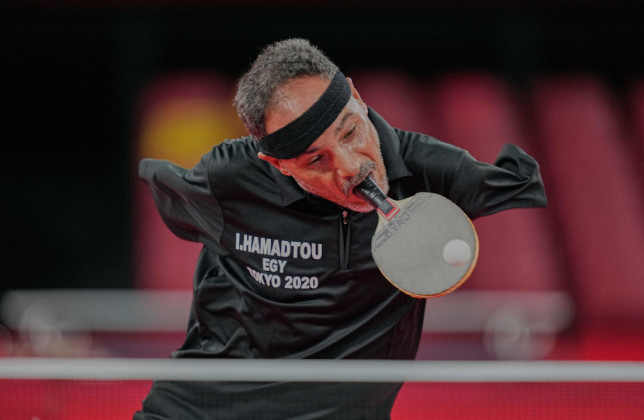
Ibrahim Hamadtou, Eygiptian, Table tennis
After losing both his arms in an accident at age 10 the 48-year-old made his Paralympics debut at 43 and he provides stiff competition for those he faces.
However, he was beaten by Park in straight sets, losing 11-6 11-4 11-9.
Park, a gold medallist at the 2014 Asian Para Games, suffered cervical spine damage that impaired his upper and lower body movement in an industrial accident in 2005.
Hamadtou could have played football but decided to take table tennis further, ‘It was logical to play soccer first due to my case, then I played table tennis as a challenge.
Superlatives flowed, with social media users describing themselves as ‘speechless’ and calling his ability ‘unbelievable’.
In an interview with CNN in 2014, Hamadtou explained how he started playing ping pong.
‘In our village, we could only play, at that time, table tennis and soccer – that’s why I played both,’ he said.
Sakina Khatun, India, Powerlifting
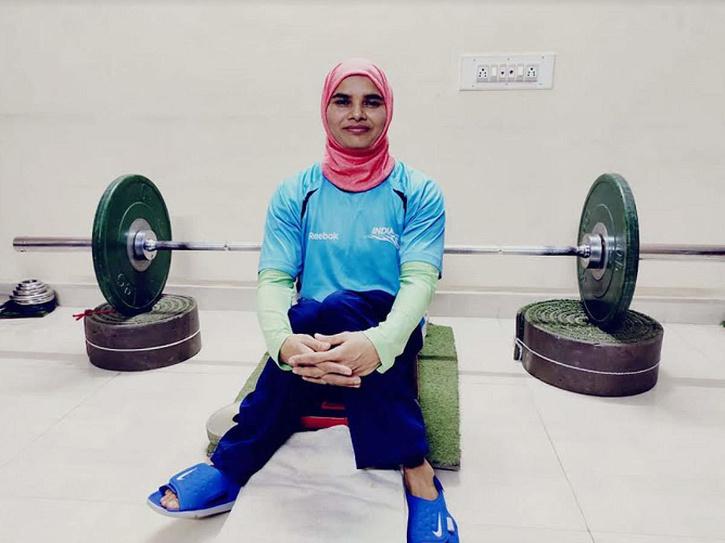
It is easy to quote inspirational stuff than to actually do it, but this 32-year-old para-athlete Sakina Khatun is the living example of ‘nothing is impossible’. Indian powerlifter Sakina Khatun’s physical disability was not strong enough to break her willpower.
Sakina Khatun, an Indian powerlifter was born in Bangalore, Karnataka on June 20, 1989. Sakina Khatun’s father worked as a marginal farmer and her family faced many financial problems. Despite all of this, Sakina survived Polio as a child and she had to undergo four surgeries to survive the deadly disease. From a very young age, Khatun was passionate about sports and this passion pushed her to do something extraordinary.
Sakina Khatun becomes India’s first female powerlifter to qualify for the Tokyo Paralympics, within which she finished 5th in the final on Friday 27th August.
India’s Sakina Khatun made the country proud by winning a silver in the Para Powerlifting World Cup in Dubai in the up to 45kg category with a lift of 80kg. Sakina Khatun is the only female para-athlete in Indian history to win a medal at the Commonwealth Games.
Zahra Nemati, Iran, Archery
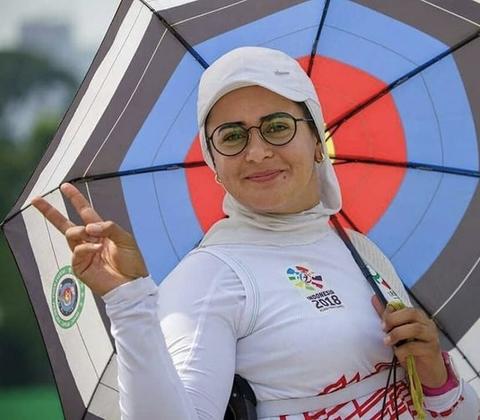
Zahra Nemati is arguably the most popular and successful female Paralympian to come from Iran.
She secured Iran a qualification slot for the Rio 2016 Paralympics as well as Olympics following her performance at the 2015 Asian Archery Championships in Bangkok, Thailand.
The last archer to compete in both Games in the same year was Italy’s Paola Fantato at Atlanta in 1996. But not only did she compete at the Olympics, but she also carried the Iranian flag during the Opening Ceremony, further raising awareness of the Paralympic Movement.
Zahra Nemati is a history maker and a trailblasing woman. She became the first Iranian athlete in either the Olympic or Paralympic Games to win a gold medal when she took to the top of the podium in 2012 in the archery event. In Tokyo 2020, she is competing to win her third consecutive Paralympic gold medal. Before taking up archery, she competed in taekwondo before a car accident in 2004 left her with paralysis in her legs.
Ali Jawad, Great Britain, Powerlifter
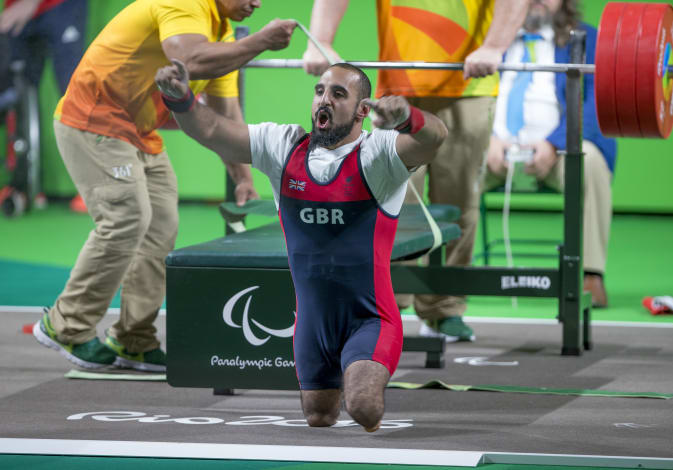
Ali Jawad is a British powerlifter who competes in the -59kg class. Originally born in Lebanon, Ali’s talent for powerlifting was discovered back in 2005 when he was just 16 years old.
On the eve of his Paralympic debut in Beijing, Ali fell ill. He still competed, finishing ninth, but he was later diagnosed with Crohn’s disease.
After finishing fourth at the London 2012 Paralympics and narrowly missing out on a medal, Ali continued to work hard and was rewarded with his first gold medal and world record at the Asian Open Championships in Kuala Lumpur, followed by another gold and world record at the 2014 IPC World Championships in Dubai, lifting 190kg.
So how do the athletes qualify?
The final medal event programme and athlete quotas were approved by the IPC Governing Board on 4 September 2017 following the conclusion of a 10-month-long consultation exercise with international federations. Key highlights include:
• At least 1,756 slots for female athletes, the most ever, which represents a 17 percent increase in the number of women that took part in London 2012. This number is likely to increase further due to the allocation of 294 gender-free slots.
• Badminton and taekwondo, the two sports that will make their Paralympic debut in Tokyo, have been awarded 14 and 6 medal events respectively
• Canoe, which made its Paralympic debut at Rio 2016 with six medal events, will have nine medal events due to the inclusion of three va’a class events
• As part of the IPC’s drive to increase opportunities for athletes with high support needs, the sport of boccia has been allocated 116 athlete slots, 8 more than Rio 2016
• Compared to Rio 2016 14 sports will feature the same number of athletes. The sports of boccia, canoe, judo, shooting, table tennis, triathlon, and wheelchair fencing all have additional slots
• Four sports – canoe, shooting, table tennis, and wheelchair fencing – have more medal events than Rio 2016 while athletics and swimming have fewer events.
